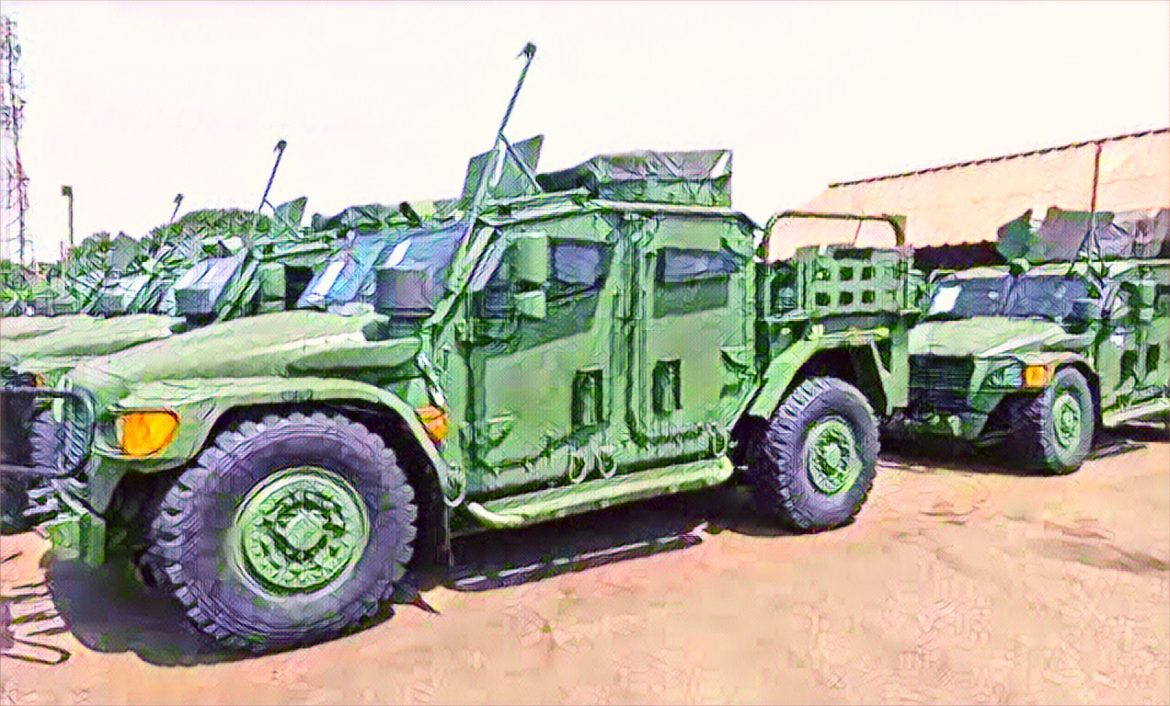Ghana has received a donation of 105 armored vehicles from the European Union (EU) to enhance its security and stability. The vehicles were seized by the EU’s naval mission IRINI from a Libya-bound ship in October 2022 for violating the UN arms embargo on the war-torn country.
The EU’s foreign policy chief, Josep Borrell, formally handed over the vehicles to Ghana’s armed forces on Saturday during his visit. He said the donation was part of the EU’s efforts to support its allies in West Africa, especially in the face of the growing threat of terrorism and instability in the Sahel region.
“Ghana is a key partner for the EU in Africa and beyond. We share common values and interests, such as democracy, human rights, regional integration, and peace and security,” Borrell said. “We are confident that this support will benefit Ghana and the entire subregion [of the Gulf of Guinea] as well.”
Ghana’s president, Nana Akufo-Addo, thanked the EU for its gesture and said it would boost the capacity of his country’s military to deal with emerging security challenges. He also stressed the need for regional and international cooperation to combat terrorism and violent extremism.
“It is imperative to understand that no single country can confront the terrorist threat on its own,” Akufo-Addo said. “Collaborative efforts among nations facing this challenge and critical support from partners such as the European Union who share our security concerns, remain crucial in mitigating the terrorist threat in the West African region.”
The donation of the armored vehicles is the first of its kind under a new mechanism that allows the EU to transfer seized military equipment to partner countries instead of destroying them. The EU said it would also support Ghana regarding aerial surveillance, electronic warfare systems, and river crafts.
The EU and Ghana have a long-standing partnership that covers political, economic, and development cooperation. Ghana is one of the few countries in West Africa that have signed an Economic Partnership Agreement with the EU, which grants it preferential access to the EU market. The EU also supports Ghana’s cocoa sector through its Sustainable Cocoa Initiative, which aims to improve the livelihoods of cocoa farmers and protect the environment.
The EU and Ghana also work together to promote multilateralism and address global challenges such as climate change, migration, and health. They are expected to reaffirm their joint vision for a renewed partnership at the upcoming 6th EU-Africa Summit in Brussels in February 2022.
Source: Business Insider Africa




